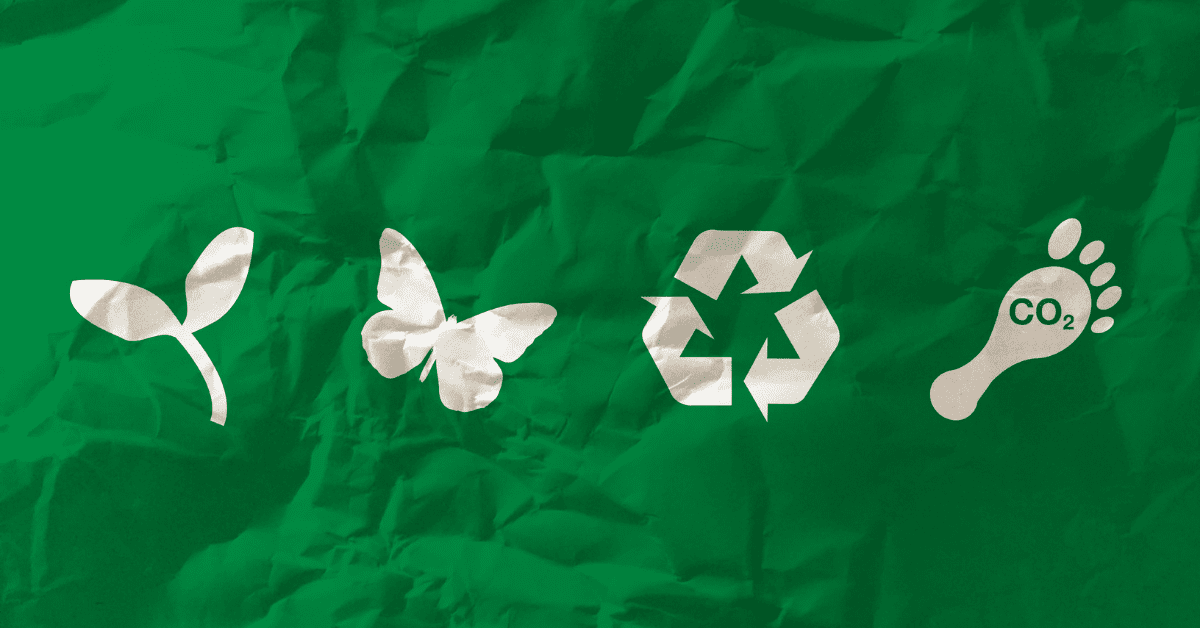
The Ultimate Guide to Recycling: Tips, Benefits, and Best Practices
Recycling is the process of repurposing waste materials so that new products can be created for consumption. It has emerged as a powerful way to make a positive impact on the environment. The process of recycling not only reduces the amount of waste that ends up in nature, such as landfills, ponds, and lakes, but also conserves natural resources, reduces pollution, and supports the economy by creating jobs. This blog aims to provide a comprehensive guide to recycling, focusing on understanding recycling, why it is important, and how to recycle effectively.
Understanding Recycling
What is Recycling?
Recycling is the process of collecting and processing materials that would otherwise be thrown away and repurposing them for consumption. This helps reduce the amount of waste going into the environment and can save energy. So, what can you recycle?
Types of Recyclable Materials
- Paper: Examples include cardboard, office paper, and newspapers.
- Plastics: Examples include bottles, containers, and packaging materials.
- Glass: Examples include bottles and jars.
- Metals: Examples include aluminum cans, tin cans, and foil.
- Electronics: Examples include phones, computers, and other electronic devices.
Understanding what can be recycled can help you make more informed decisions and contribute to a more sustainable future.
Why is Recycling Important?
Recycling offers many benefits, including environmental protection, energy savings, waste reduction, and economic benefits.
- Environmental Protection: Recycling reduces the need for raw materials, conserving natural resources and reducing harm to habitats.
- Energy Savings: Manufacturing products from recycled materials requires less energy than producing new materials from raw resources.
- Waste Reduction: Recycling decreases the amount of waste sent to landfills and incinerators, reducing pollution and greenhouse gas emissions.
How to Recycle Effectively
Recycling effectively involves more than just putting items into recycling bins. Here are some tips to ensure that you are recycling correctly and making a positive impact on the environment:
- Know What Can Be Recycled: Understanding what materials can be recycled is crucial for helping the environment.
- Clean and Prepare Materials: Before recycling, rinse out containers to remove leftover food and liquids. This helps prevent contamination and ensures that materials can be processed correctly through the recycling process.
- Staying informed and educate others: Recycling guidelines change often, so staying updated with your local recycling program’s rules can help with informing family and friends.
Recycling is a simple way to help the environment and contribute to a healthier plant. By understanding the recycling process, recognizing the benefits, and learning how to recycle effectively, we can all play a part in reducing waste and conserving the planet we live on.
Check out the different recycling centers across Virginia to find one near you!